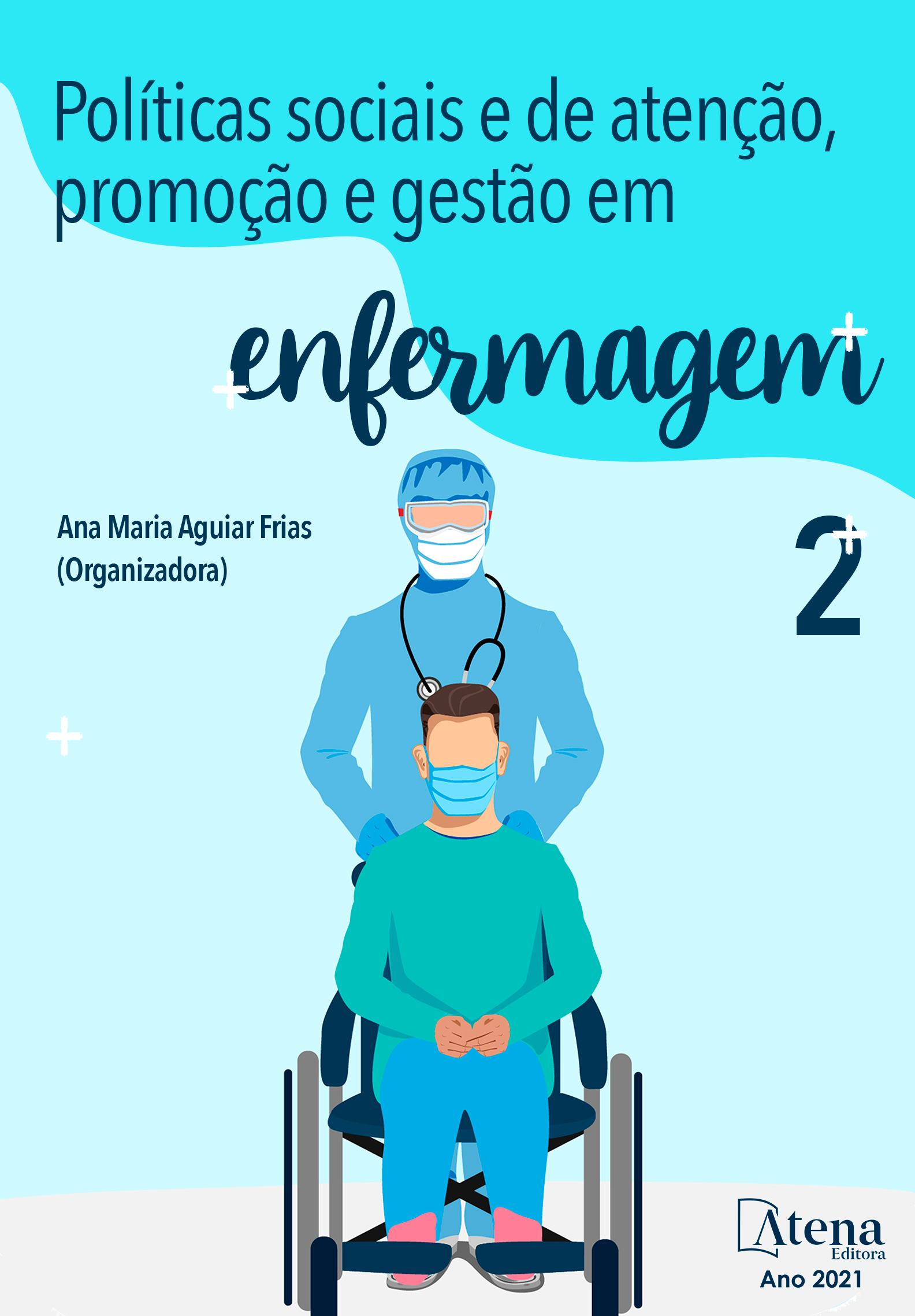
CAPITAL SOCIAL, EDUCAÇÃO EM SAÚDE E COMPORTAMENTOS SAUDÁVEIS: UMA EXPERIÊNCIA VIVENCIADA COM TRABALHADORAS RURAIS
INTRODUÇÃO: O capital social é constituído pelo grau de confiança existente entre os atores sociais de sociedade, ou seja, por normas de comportamento cívico e associativismo. OBJETIVO: Descrever uma experiência vivenciada a partir de uma intervenção multidisciplinar que desencadeou uma ação coletiva de um grupo de trabalhadoras de uma cooperativa de produtos coloniais do interior do estado do Rio Grande do Sul. MÉTODO: O contato inicial foi realizado com os municípios expondo os objetivos e a justificativa da pesquisa. A partir do contato inicial, as trabalhadoras foram convidadas a participarem da pesquisa, e foram agendadas as coletas. Após as avaliações ocorreu entrega individual dos resultados e esclarecimento de dúvidas, a reavaliação foi realizada após 10 meses da primeira avaliação. Neste encontro também foram realizadas palestras de educação em saúde com equipe multidisciplinar. RESULTADOS: A partir dos resultados das avaliações e das informações de educação em saúde recebidas, as trabalhadoras sentiram-se motivadas a buscar alternativas para melhorar esses parâmetros. Para isso, por meio de iniciativa coletiva (capital social), organizaram uma gincana. Ao comparar os dados das avaliações pré e pós-gincana, observou-se redução do percentual de gordura, frequência cardíaca de repouso e aumento do consumo máximo de oxigênio. CONSIDERAÇÕES FINAIS: O presente artigo evidenciou que uma ação coletiva pode refletir nas condições de saúde e qualidade de vida de um grupo. A iniciativa das trabalhadoras rurais teve como base os pilares do capital social, apontando que o mesmo pode contribuir na saúde.
CAPITAL SOCIAL, EDUCAÇÃO EM SAÚDE E COMPORTAMENTOS SAUDÁVEIS: UMA EXPERIÊNCIA VIVENCIADA COM TRABALHADORAS RURAIS
-
DOI: 10.22533/at.ed.93121130820
-
Palavras-chave: Capital Social, Saúde Pública, Trabalhadores, População Rural
-
Keywords: Social Capital, Public Health, Workers, Rural Population
-
Abstract:
BACKGROUND: Social capital is constituted by the degree of trust that exists between social actors of society, that is, by norms of civic behavior and associativism. AIM: To describe a lived experience from a multidisciplinary intervention that triggered a collective action of a group of workers of a cooperative of colonial products of the interior of the state of Rio Grande do Sul. METHODS: The initial contact was realized with the municipalities exposing the objectives and justification of the research. From the initial contact, the workers were invited to participate in the research, and the collections were scheduled. After the evaluations there was individual delivery of the results and clarification of doubts, the reevaluation was performed after 10 months of the first evaluation. In this meeting, there were also lectures on health education with a multidisciplinary team. RESULTS: Based on the results of the evaluations and health education information received, women workers were motivated to seek alternatives to improve these parameters. For this, through a collective initiative (social capital), organized a gymkhana. When comparing the data of the pre and post-gymkhana evaluations, we observed a reduction in fat percentage, resting heart rate and an increase in maximal oxygen consumption. FINAL CONSIDERATIONS: The present article showed that collective action can reflect on the health conditions and quality of life of a group. The initiative of rural workers was based on relations present in the social capital, indicating that such relations can influence in a broader way in health.
-
Número de páginas: 11
- Patrik Nepomuceno
- Carine Muniz dos Santos
- Marcelo Henrique Glänzel
- Polliana Radtke dos Santos
- Cassiano Severgnini
- Miriam Beatrís Reckziegel
- Hildegard Hedwig Pohl


